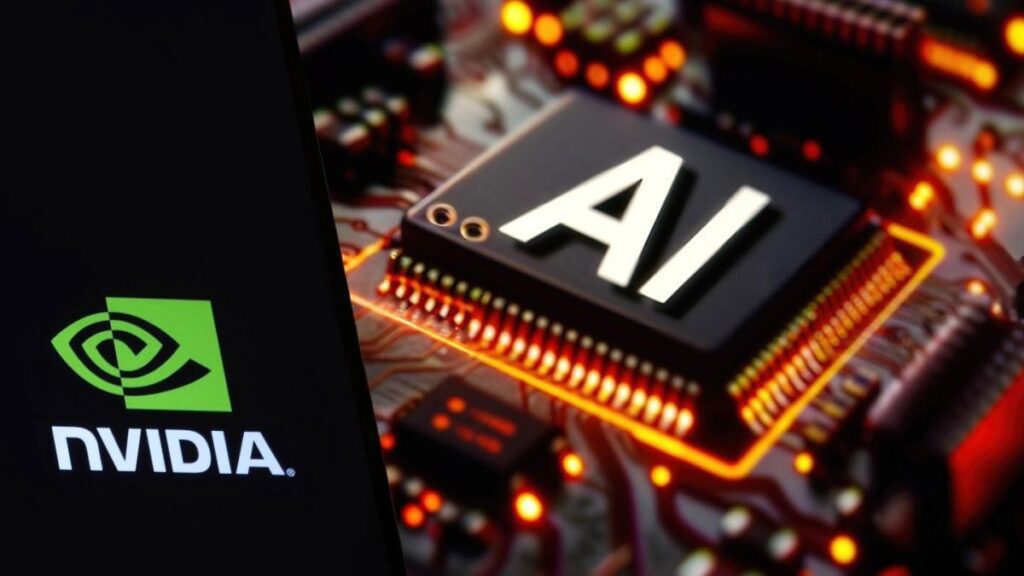Nvidia unveiled Fugatto, an AI model designed to modify voices and generate new sounds, aimed at music, film and video game producers, Reuters reported.
The AI model, which stands for Foundational Generative Audio Transformer Opus 1, can create sound effects and music from text descriptions.
Based in California, US, Nvidia said it has no immediate plans to publicly release Fugatto.
The technology joins similar advances from startups like Runway and larger companies, namely meta-platforms, which generate audio or video from text prompts.
The ability to modify existing audio is said to set Fugatto apart. It can transform a piano line into a human voice or change the accent and mood of spoken words, the newspaper said.
This capability would set the new model apart from other AI technologies currently available.
Nvidia’s model would be trained on open source data, and the company is still considering how to make it public.
Bryan Catanzaro, vice president of applied deep learning research at Nvidia, said: “If we think about synthetic audio over the last 50 years, music sounds different today because of computers and synthesizers.
“I think generative AI is going to bring new capabilities to music, video games, and everyday people who want to create things.”
Generative AI creators face challenges in preventing abuse such as the generation of false information or copyright infringement.
OpenAI and Meta have also not announced public release dates for their audio or video generation models.
Catanzaro added: “Any generative technology always carries some risks, because people could use it to generate things that we would prefer they didn’t. » We have to be careful about this, which is why we have no immediate plans to publish this. »
Last week, Nvidia collaborated with Quantum-Si, provider of protein sequencing technology, to develop its proteomics platform, Proteus, with AI and accelerated computing.
“Nvidia Unveils AI Model for Audio Editing and Generation” was originally created and published by Verdicta brand owned by GlobalData.
The information on this website has been included in good faith for general information purposes only. It is not intended to constitute advice on which you should rely, and we make no representations, warranties, express or implied as to its accuracy or completeness. You should obtain professional or specialist advice before taking or refraining from any action on the basis of the content on our site.


